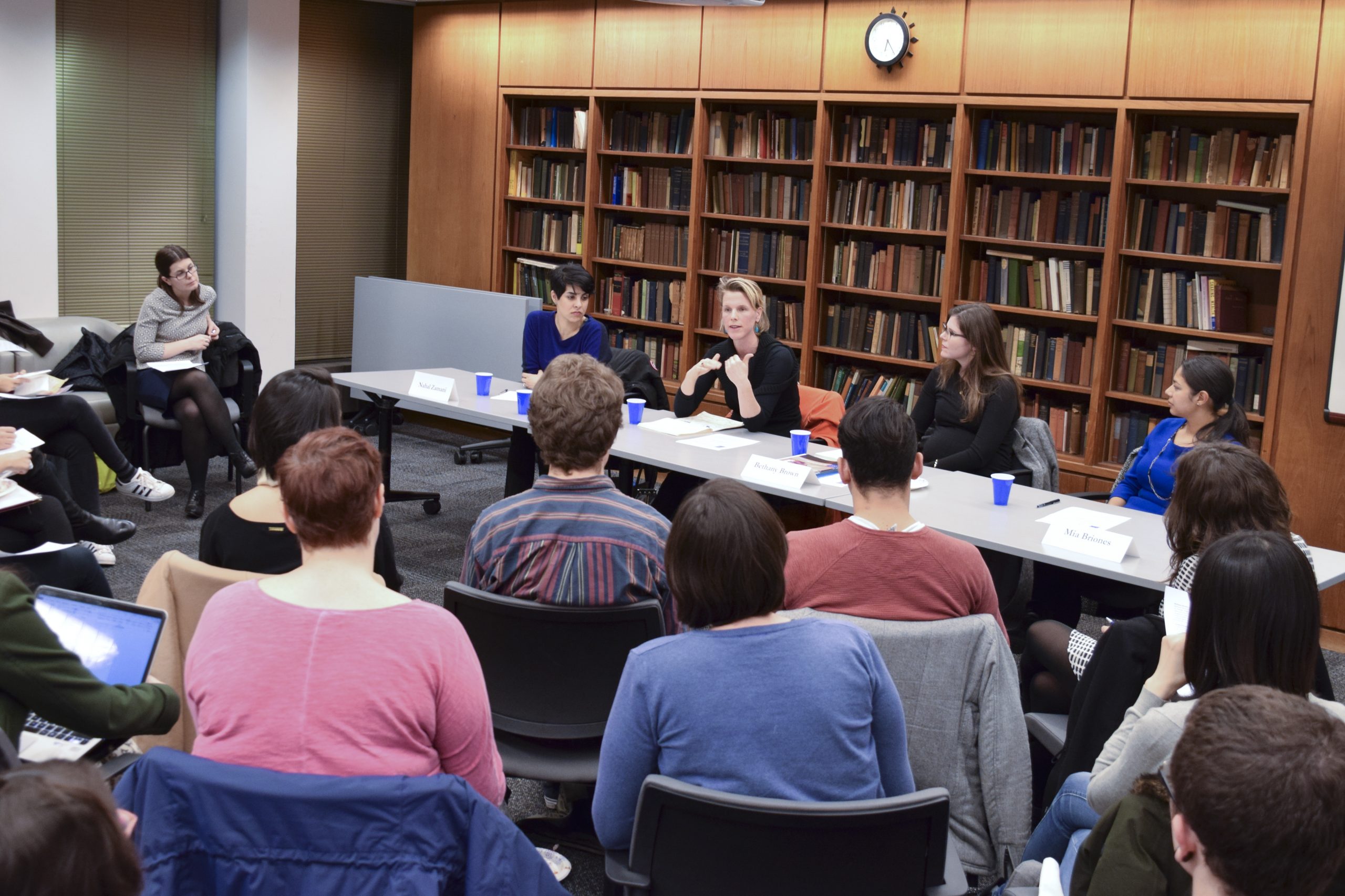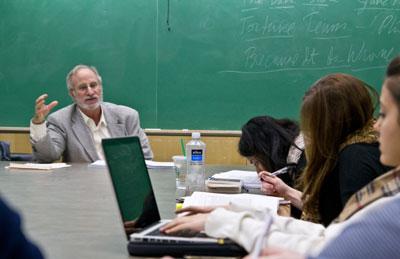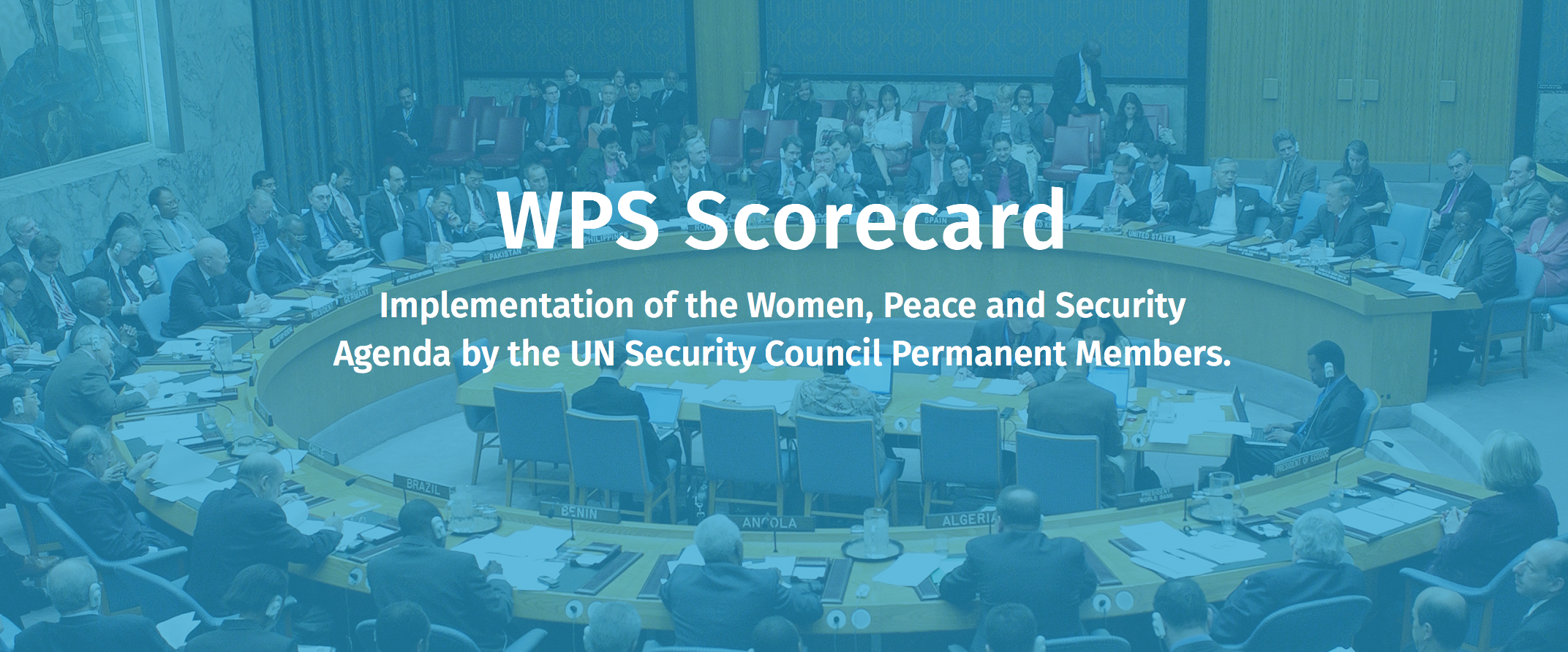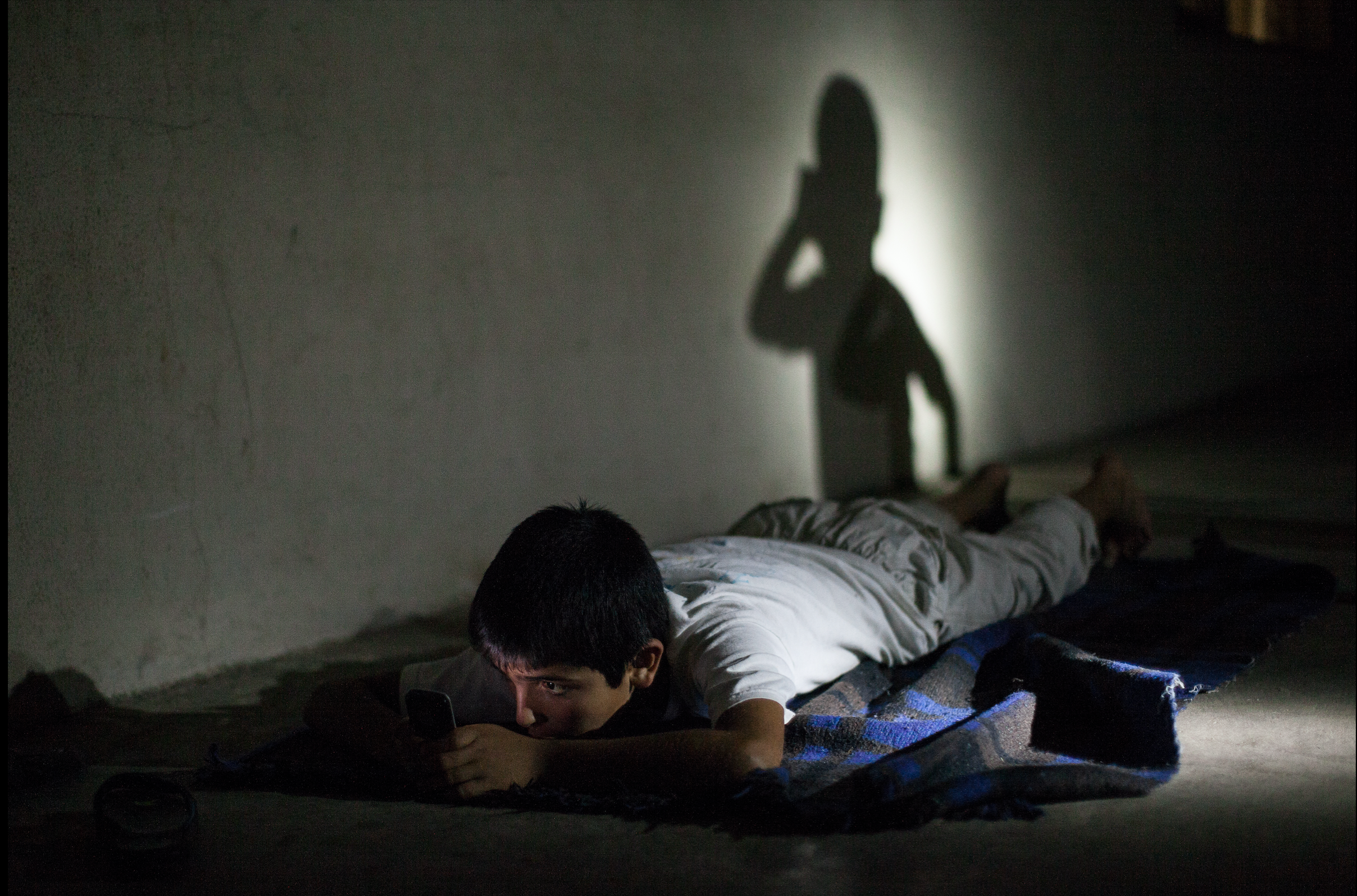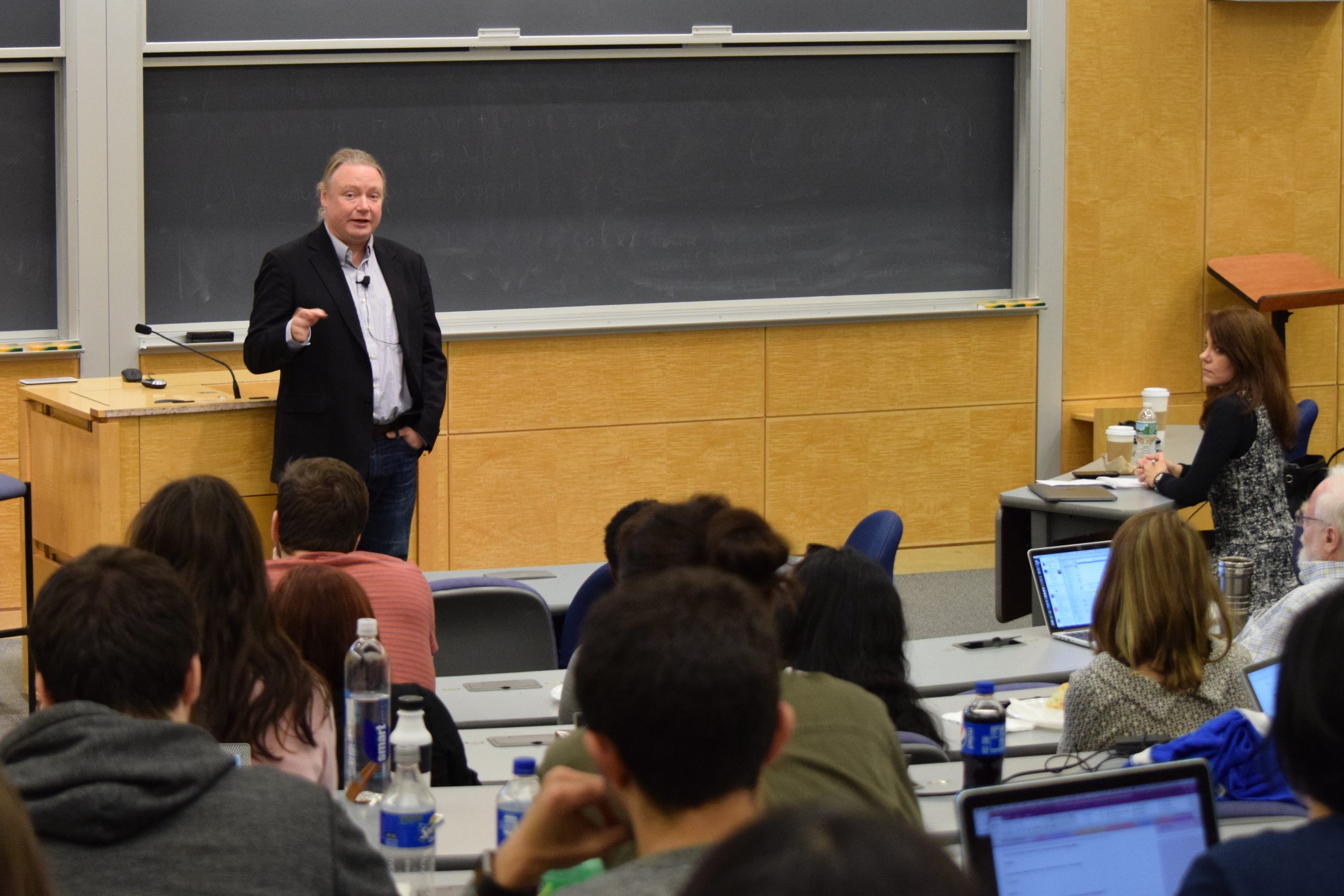
Applying Blockchain Technology for Social Impact
By Amanda Graham, an M.A. student in human rights
Equality, transparency, accountability, personal security, inclusivity and individual autonomy: blockchain represents many core ideals of international human rights work.
What is blockchain?
Blockchain is an updated way of documenting and verifying interactions on a digital platform. Up until now, we have given power of mediation to banks and other third parties to validate transactions. Blockchain is a digital distributed platform that validates transactions through algorithms. No third parties needed. Originally, blockchain was used to track digital currencies such as Bitcoin. It has evolved into a system of trust through collaboration, its power slowly being leveraged beyond monetary transactions.
The potential for disruption or transformation of industries has been the subject of recent conversations. The Institute for the Study of Human Rights recently hosted Brian Behlendorf for a talk on Applying Blockchain Technology for Social Impact, kicking off a technology and human rights speaker series. Behlendorf is the executive director of the Hyperledger Project (among...

